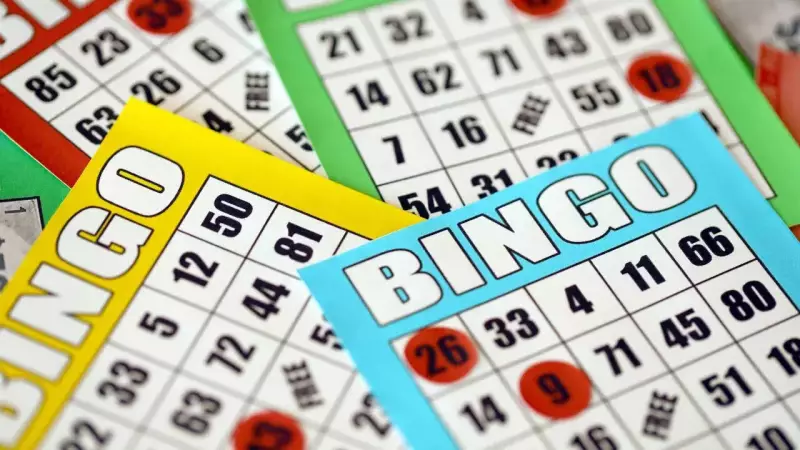
Move over, medicine bottles—there's a new prescription for healthy aging, and it comes in the form of colorful cards and numbered balls. Recent research reveals that group games like Bingo are emerging as powerful tools for enhancing both physical health and mental well-being in older adults.
The Social Connection Prescription
For many seniors, social isolation poses a serious threat to health. Group gaming sessions create regular opportunities for meaningful social interaction, combating the loneliness epidemic that often accompanies aging. These gatherings become much more than just games—they're vital community hubs where friendships flourish and laughter becomes daily medicine.
Cognitive Workout in Disguise
Games like Bingo provide a full-scale brain workout without feeling like exercise. The combination of listening for numbers, scanning cards, and quick processing keeps multiple cognitive functions sharp. This mental stimulation has been linked to delayed cognitive decline and better memory retention in senior participants.
Beyond Bingo: The Gaming Spectrum
- Card Games: Bridge and Rummy enhance strategic thinking
- Board Games: Scrabble and Chess boost vocabulary and planning
- Group Puzzles: Collaborative solving improves teamwork
- Word Games: Strengthen language and recall abilities
The Physical Benefits You Never Expected
The advantages extend far beyond mental sharpness. Regular game participation encourages physical activity through:
- Improved hand-eye coordination from handling cards and markers
- Better fine motor skills through precise movements
- Increased motivation to leave home and engage with others
- Reduced stress levels through enjoyable recreation
Longevity Through Play
Studies consistently show that seniors who maintain active social lives and engaged minds tend to live longer, healthier lives. The combination of mental stimulation, social connection, and purposeful activity creates a powerful trifecta against age-related decline. Regular game players often report higher life satisfaction and better overall health outcomes.
As healthcare professionals increasingly recognize these benefits, group gaming is transitioning from casual pastime to recognized therapeutic activity. Community centers and senior living facilities are now incorporating structured game sessions into their wellness programs, proving that sometimes the best medicine comes with a side of fun and friendly competition.






